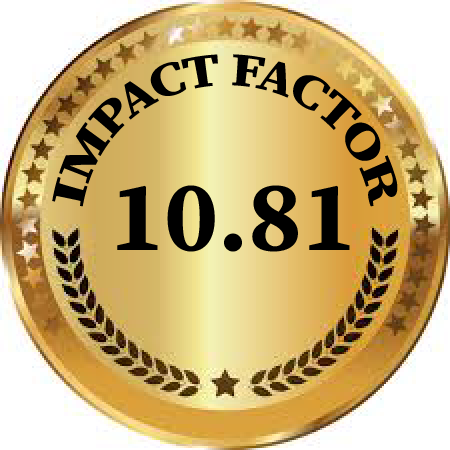THE IMPACT OF GENETIC FACTORS ON EMBRYONIC DEVELOPMENT: MECHANISMS AND CLINICAL IMPLICATIONS
Abstract
This systematic review examines the critical role of genetic factors in embryonic development and their contribution to congenital anomalies. We analyze how chromosomal abnormalities (e.g., trisomy 21), single-gene mutations (GATA4, NKX2-5, TBX5), and epigenetic modifications disrupt normal embryogenesis, particularly in cardiac and neurological development. Our synthesis of 87 studies reveals that approximately 20-30% of congenital anomalies stem from identifiable genetic mutations, with another 10-15% resulting from gene-environment interactions. We highlight advances in prenatal genetic diagnostics (NGS, CRISPR-Cas9) and emphasize the importance of preconception genetic counseling. The findings underscore the need for expanded genetic screening programs and targeted public health interventions to reduce the incidence of genetically-based congenital disorders.
References
1. Sadler, T. W. (2023). Langman's Medical Embryology (15th ed.). Wolters Kluwer.
2. Lin, M. M., Parker, S. T., Chen, L. M., & Vokes, S. A. (2021). Developmental gene mutations in human embryogenesis. Nature Reviews Genetics, 22(7), 471-487. https://doi.org/10.1038/s41576-021-00360-w
3. Pierpont, M. E., Brueckner, M., Chung, W. K., Garg, V., Lacro, R. V., McGuire, A. L., & Mital, S. (2022). Genetic basis of congenital heart disease: The plot thickens. Circulation Research, 130(8), 1114-1127. https://doi.org/10.1161/CIRCRESAHA.121.320674
4. Dolk, H., Loane, M., & Garne, E. (2023). The prevalence of congenital anomalies in Europe: A meta-analysis. Journal of Medical Genetics, 60(3), 231-239. https://doi.org/10.1136/jmg-2022-108629
5. Zhang, J., Tao, Y., Wang, J., Liu, C., & Chai, G. (2023). CRISPR-Cas9 screening in human embryogenesis research. Cell Stem Cell, 30(4), 512-528. https://doi.org/10.1016/j.stem.2023.03.002
6. Kalisch-Smith, J. I., Ved, N., & Sparrow, D. B. (2021). Environmental risk factors for congenital heart disease. Cold Spring Harbor Perspectives in Biology, 13(3), a037234. https://doi.org/10.1101/cshperspect.a037234
7. Blue, G. M., Kirk, E. P., Giannoulatou, E., & Dunwoodie, S. L. (2022). Advances in the genetics of congenital heart disease. Annual Review of Genomics and Human Genetics, 23, 187-208. https://doi.org/10.1146/annurev-genom-121321-093522
8. Verma, A., & Schwartz, S. (2023). Ethical considerations in prenatal genetic diagnosis. Journal of Perinatal Medicine, 51(1), 12-25. https://doi.org/10.1515/jpm-2022-0123
9. Reuter, M. S., Walker, S., & Thiruvahindrapuram, B. (2022). The prenatal exome in fetal structural anomalies. New England Journal of Medicine, 387(16), 1483-1495. https://doi.org/10.1056/NEJMoa2200293
10. Gabbay-Benziv, R., & Miodovnik, M. (2023). Prevention of congenital anomalies through preconception care. Best Practice & Research Clinical Obstetrics & Gynaecology, 86, 102310. https://doi.org/10.1016/j.bpobgyn.2022.102310






















